If you are interested in blockchain games, don't ignore Base.
Author: WASD
Compiled by: Deep Tide TechFlow
In the past, WASD has introduced different blockchain game ecosystems on various L2s, such as Starknet and Arbitrum.
Today, we will focus on introducing the blockchain game ecosystem of Base!
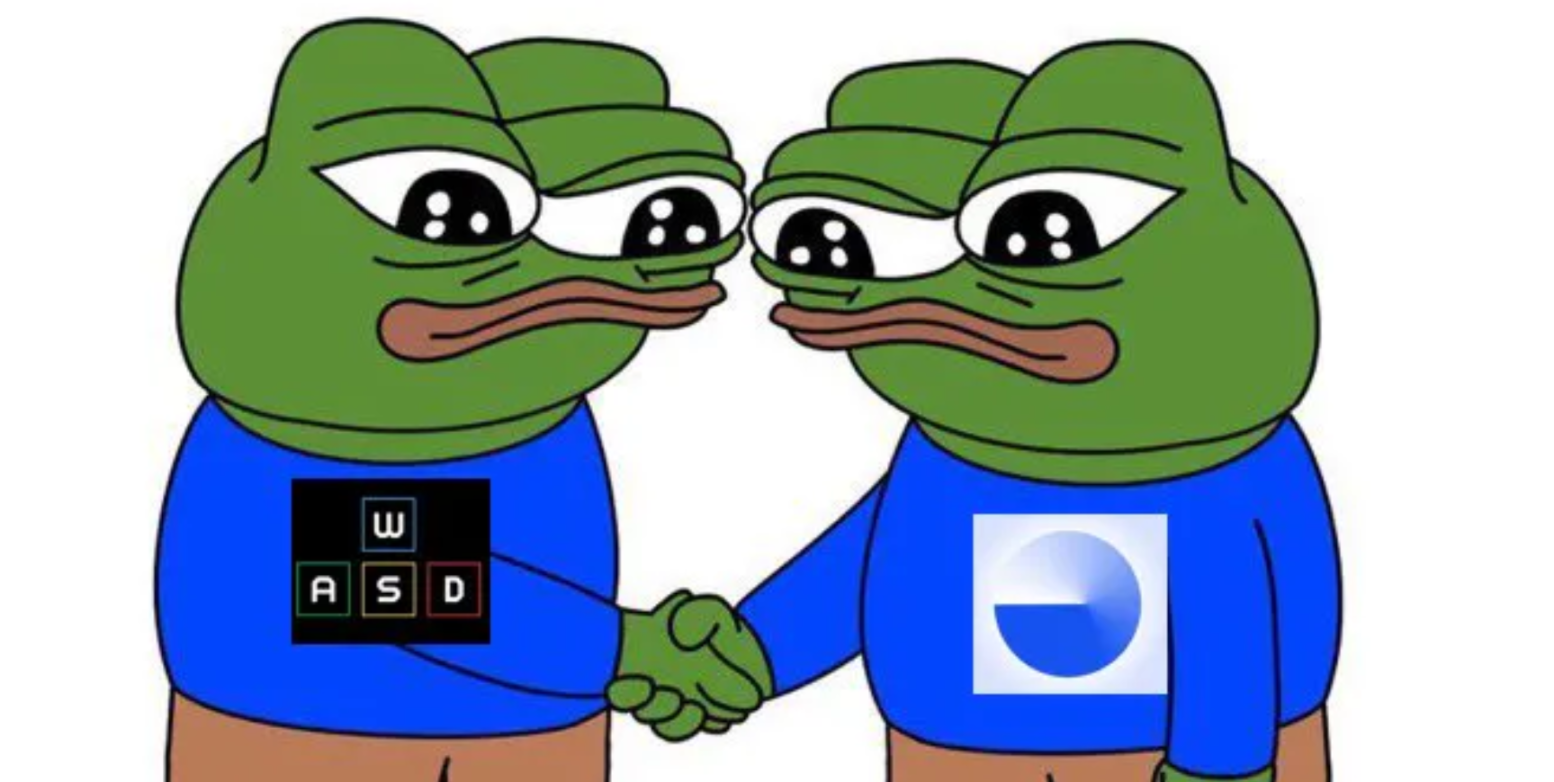
Base is an optimistic rollup developed by Coinbase using the OP Stack.
Although it may not be as active as older networks like Arbitrum or OP Mainnet in terms of metrics like TVL, it has been steadily growing since its launch in August 2023.
While L2 is known for its social and creator economy use cases, it is quietly becoming the center for games and other cool blockchain experiments.
Can Base become a leader in this field? Let's find out together!
Why Choose Base
Before delving into the project, let's take a look at why Base is well-suited for hosting blockchain games.
Scalability: As an L2, Base can have a higher TPS compared to Ethereum L1, which is crucial for blockchain games as they require a large number of low-cost transactions to provide players with a smooth and accessible experience.
EVM Compatibility: Base is EVM compatible, allowing developers to utilize existing development tools or migrate their DApps from other networks. Especially for blockchain games, this means teams can use EVM-compatible engines such as MUD or Paima.
Coinbase Support: In the long run, teams building blockchain games on Base should be able to leverage Coinbase's large existing user base. Base is deeply integrated into Coinbase's products, whether it's supporting bridging from CEX or enabling free USDC transfers on L2 using the Coinbase wallet. Additionally, the team provides extensive developer support, focusing on projects built on the network and distributing grants to developers.
Base Games
Now that we understand Base's value proposition as a blockchain game platform, let's take a look at some ready-to-play games on the Base network.
FrenPet
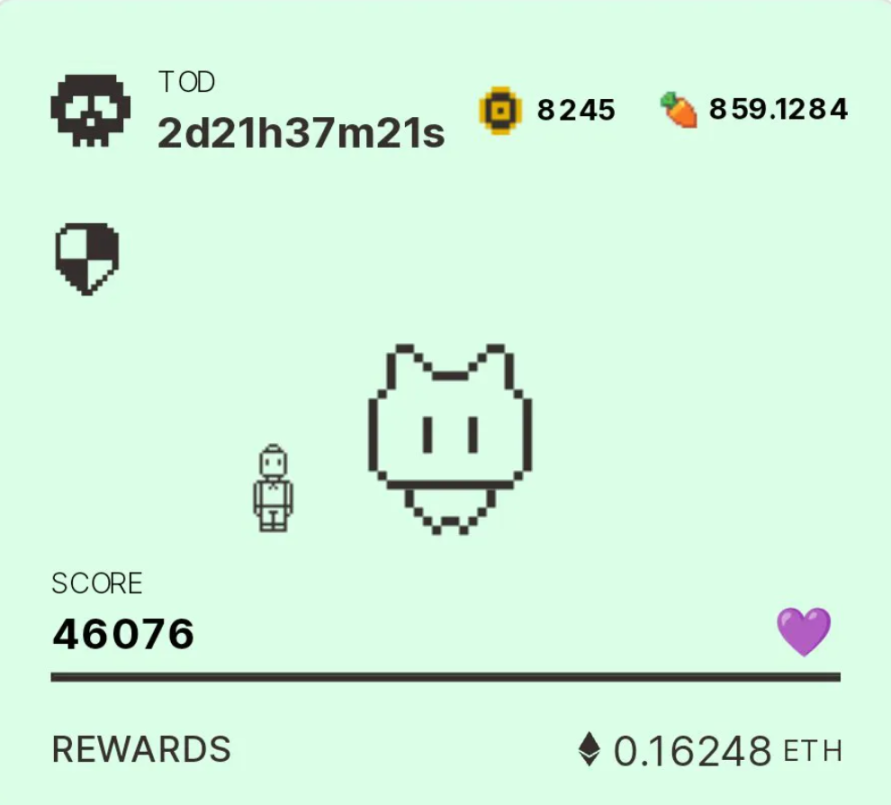
FrenPet is a Tamagotchi-style mobile game where you can take care of a blockchain pet. In addition to taking care of your pet, you can participate in various activities such as battling with other players, purchasing cosmetics in the in-game store, and playing mini-games like "roulette" and "dice."
Each FrenPet is represented by an NFT and can be minted for 10 FP tokens (7 USD), and if you neglect it, it will be destroyed.
$FP is an ERC-20 token with a 5% transaction tax, but a portion of this fee will be distributed to players in ETH based on their score relative to all players in the game (i.e., the higher your score, the larger your reward share).
Overall, if you enjoy simple casual mobile games, you should enjoy FrenPet. The mechanism to retain players is clever as it incentivizes player participation and climbing the ranks to maximize their rewards. However, as a player who enjoys deep games, I have never fully immersed myself in it.
Words3
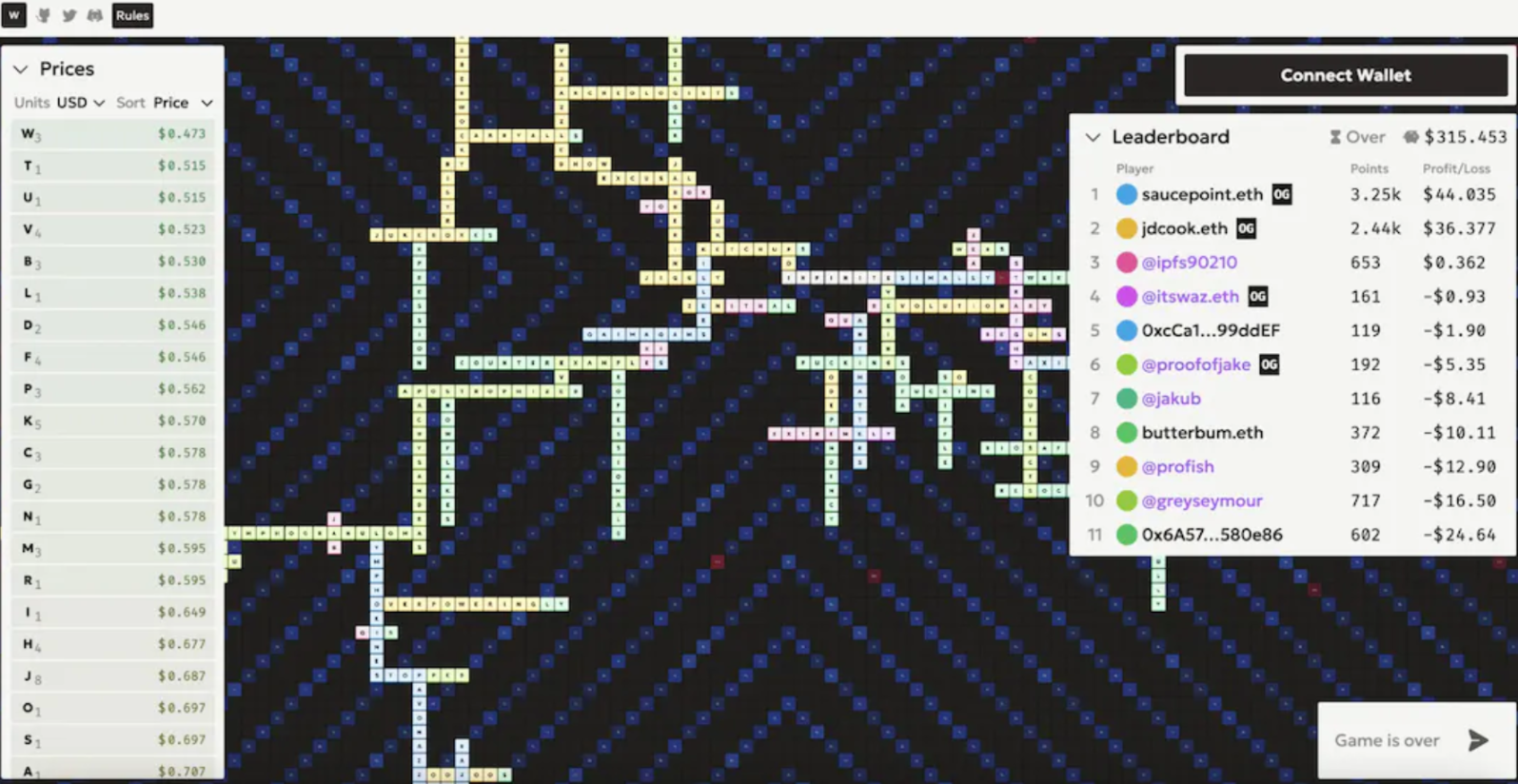
Words3 is a PVP word game developed by Small Brain Games.
Similar to Scrabble or Words with Friends, Words3 involves competing with other players to form words and earn points. However, unlike these offline games, you have to pay ETH to use letters, and the prices of these letters change based on their demand during the game.
Games in Words3 are played in timed rounds. At the end of a round, the ETH spent throughout the round will be redistributed to players based on their profitability or their score relative to the ETH they spent.
I like Words3 because it combines strategy, speed, and creativity, making it an easy-to-pick-up (but difficult to master) game. I participate in the weekly Words3 community round matches hosted by WASD and [WE].
That being said, I believe this game could benefit from a burner wallet to provide a smoother experience and could provide a tutorial or guide with more information about strategy and gameplay.
Drawtech
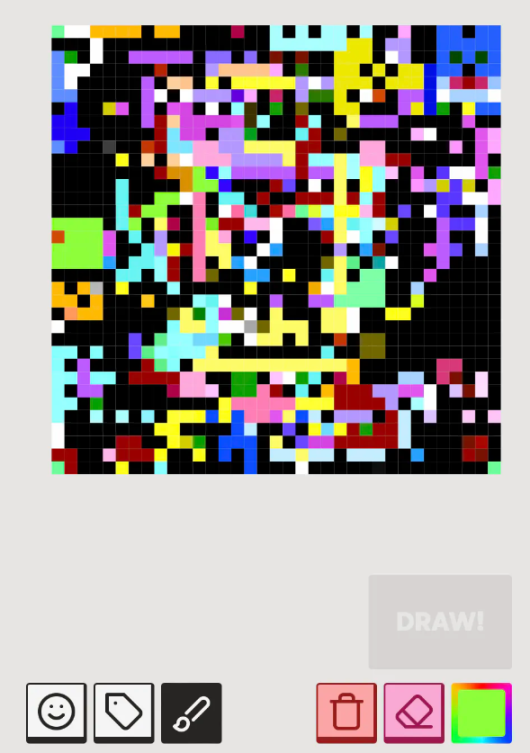
Drawtech is a PVP drawing game also developed by Small Brain Games.
As the first mobile blockchain game, Drawtech is built as a PWA and uses Privy for onboarding and hosts an embedded wallet.
In the game, you compete to color blocks on a shared grid. Similar to Words3, you need to pay ETH to do so, and each block has its own price determined by player demand.
Assuming they don't cover your blocks, whenever a player colors a block, you earn a portion of the ETH they spent, proportionate to the number of blocks you control.
While I like the underlying mechanics and the opportunity to earn some ETH, I do find the block prices quickly become very expensive, which may deter new players. Nevertheless, as the first mobile game, this is a huge leap for blockchain games.
LandTorn
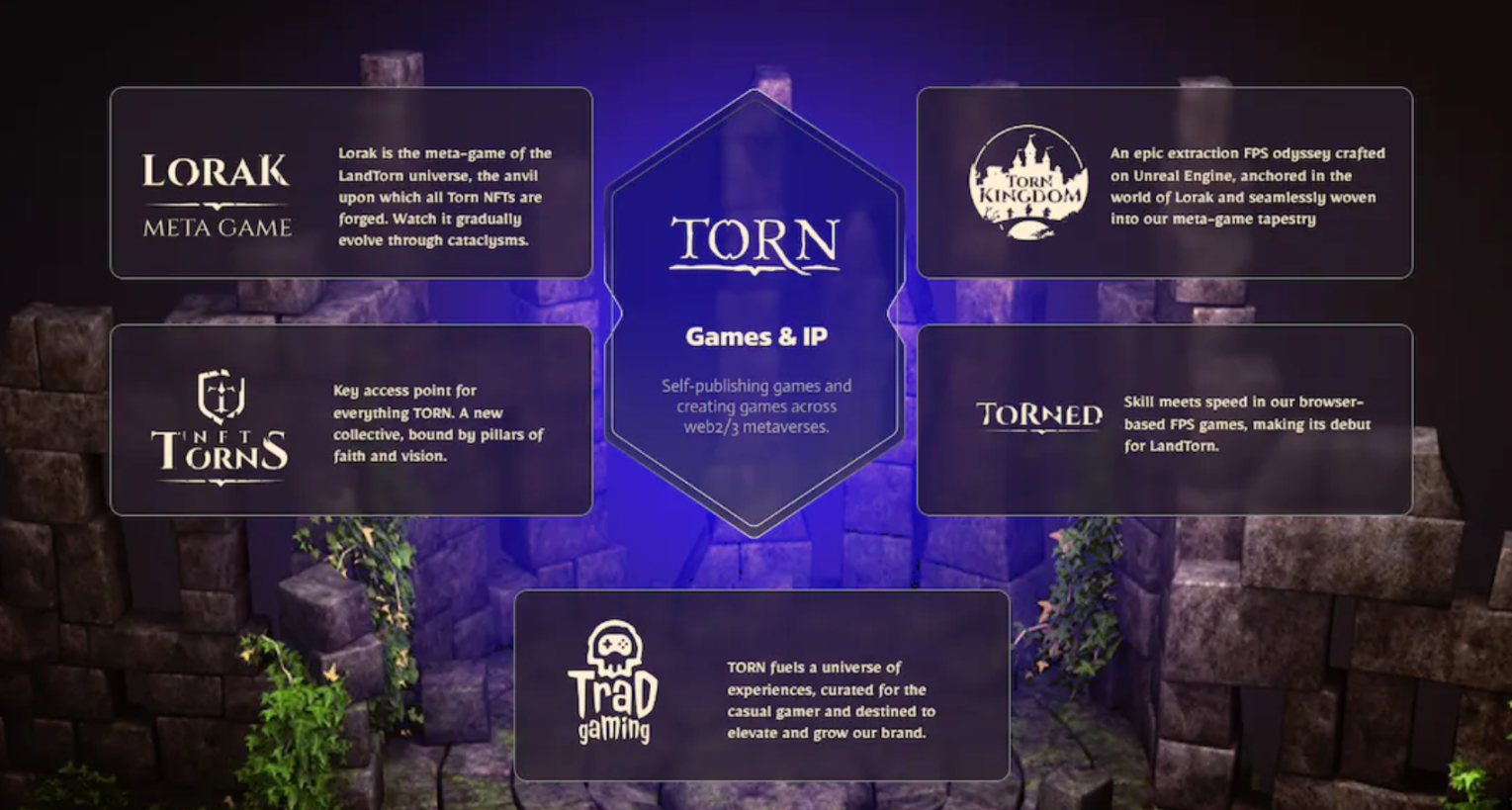
LandTorn aims to build an interconnected blockchain game ecosystem. You can think of this project as similar to Treasure DAO on Arbitrum or Realms on Starknet, as LandTorn acts as a game publisher and distributor, aiming to unify its ecosystem around the shared token ($TORN).
Following this route, games released in the LandTorn ecosystem will utilize $TORN while participating in a larger metagame and economy.
The first game of the project is Lorak, an idle game similar to Bridgeworld by Treasure DAO and Eternum by Realm, serving as the metagame of the ecosystem.
In Lorak, you will mint a "settler NFT" that you can use to complete dungeons and earn loot. The loot is an NFT that can be sold for a second ERC-20 token, $SHARD.
$SHARD serves as the primary token for Lorak itself, as it can be used to upgrade your settler and enter certain dungeons.
This is done to achieve your ultimate goal of discovering items called "Mythics," which can be used to mint "Torn Lords," a rare collection of 500 NFTs.
Overall, the vision pursued by LandTorn to create an interconnected game ecosystem is very interesting, although Lorak itself is quite complex.
While the pace of the game is not fast, I enjoy improving my ranking on the leaderboard, especially when there are not many players at the moment.
Cambria
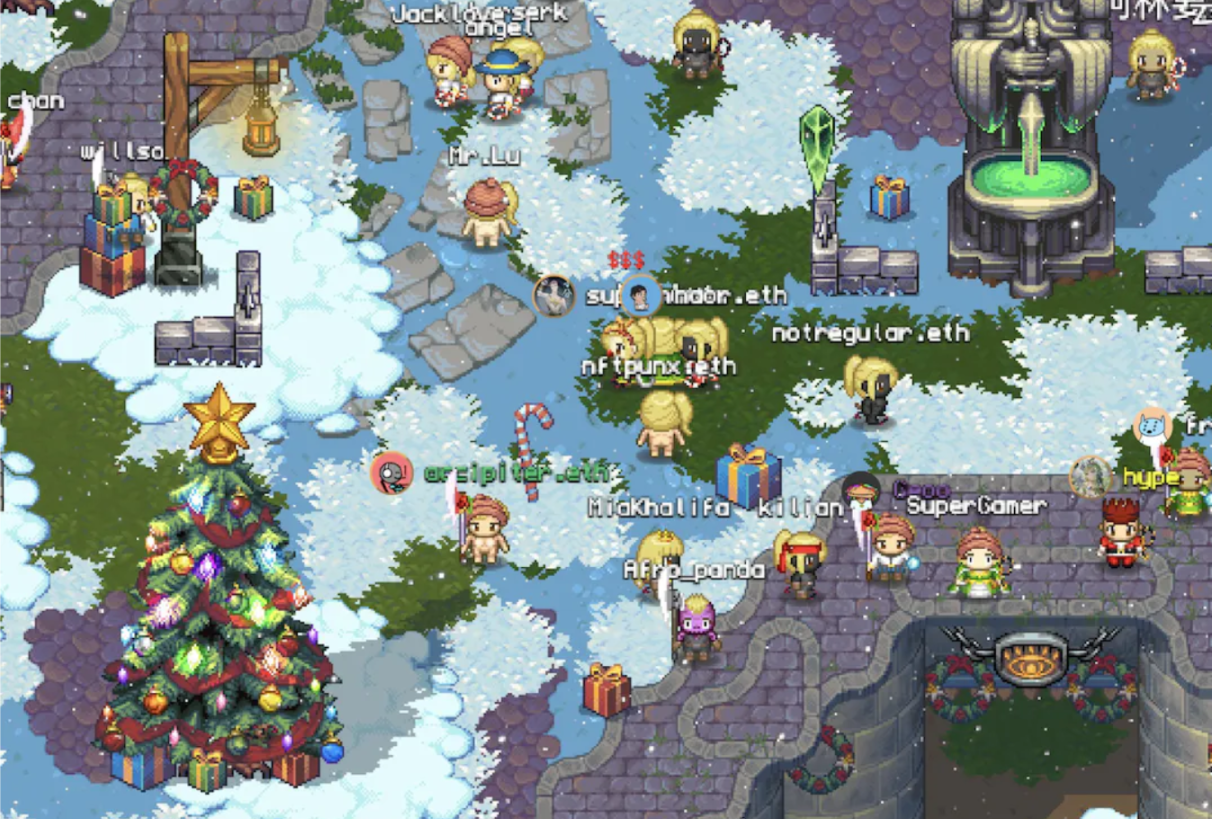
Cambria is a studio that produces multiple games, including Duel Arena, Degen Wars, and Gold Rush.
Degen Wars is a 2D MMO inspired by games like Runescape and Ultima Online. In it, players compete for territory and resources as part of a blockchain tribe by participating in PVP battles.
Their second game, Degen Arena, is now the team's main focus. In the Arena, players can challenge each other to 1v1 duels.
Duels use a betting mechanism, where users can wager ETH, NFTs, FriendTech points, or other assets on Base, with the prizes going to the winner of the battle.
Duel participants will earn Essence Points, making them eligible for upcoming duel arena token airdrops.
You can also participate in free duels, where you can earn arena tokens, another currency used to purchase cosmetics and other goods.
I find Degen Arena very interesting, with plenty of opportunities to chat, compete, showcase NFTs, and even win some ETH.
I'm excited to continue playing and look forward to seeing future upgrades, such as the implementation of guilds, and more.
Other Games on Base
There are several other interesting blockchain games, projects, or experiments worth checking out on Base.
These include:
- Basepaint, a collaborative blockchain art project.
- Dot, a protocol that allows you to create collectible pixel art.
- Land, Labor, Capital (LLC), a tycoon game deployed on Base.
Bullish on Base
As you can see, Base's blockchain game ecosystem is thriving. There are many games built on L2 that can be played, bringing unique gameplay mechanics, mechanisms, and economic designs.
In these games, Base's scalability, EVM compatibility, and connection to Coinbase put it in a favorable position to continue being a leading blockchain game ecosystem.
If you are interested in blockchain games, don't ignore Base.
免责声明:本文章仅代表作者个人观点,不代表本平台的立场和观点。本文章仅供信息分享,不构成对任何人的任何投资建议。用户与作者之间的任何争议,与本平台无关。如网页中刊载的文章或图片涉及侵权,请提供相关的权利证明和身份证明发送邮件到support@aicoin.com,本平台相关工作人员将会进行核查。




